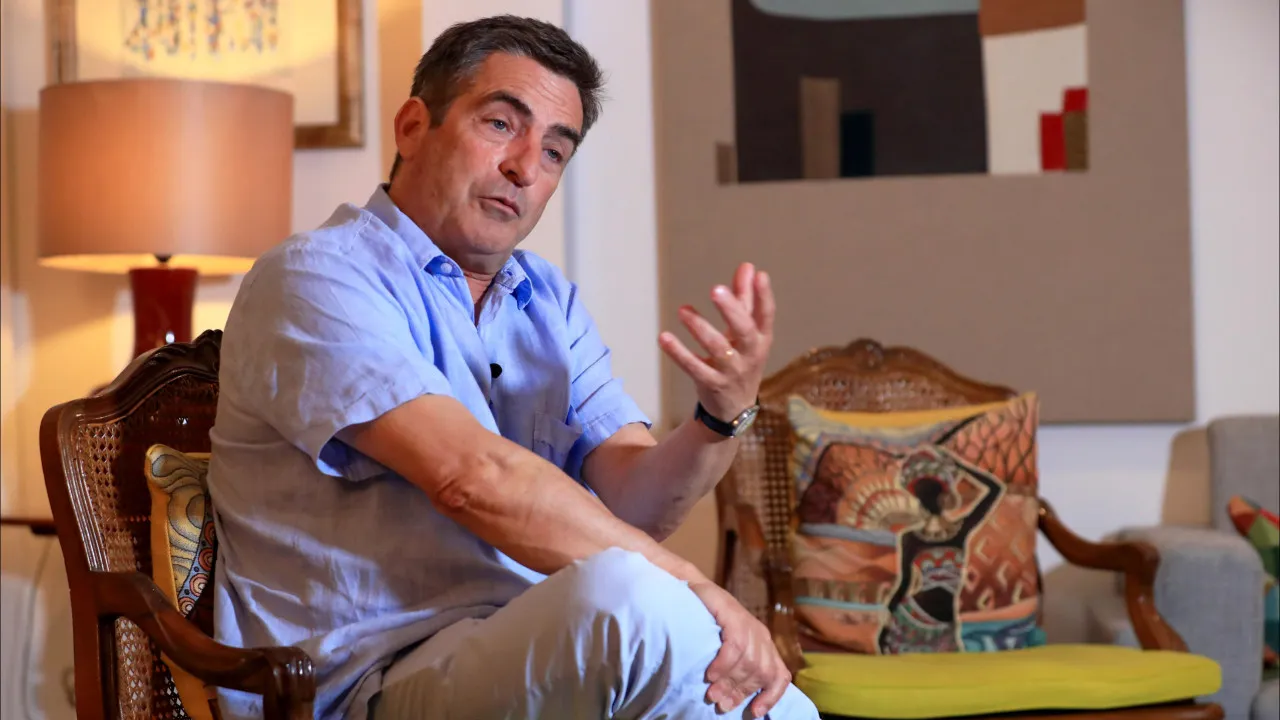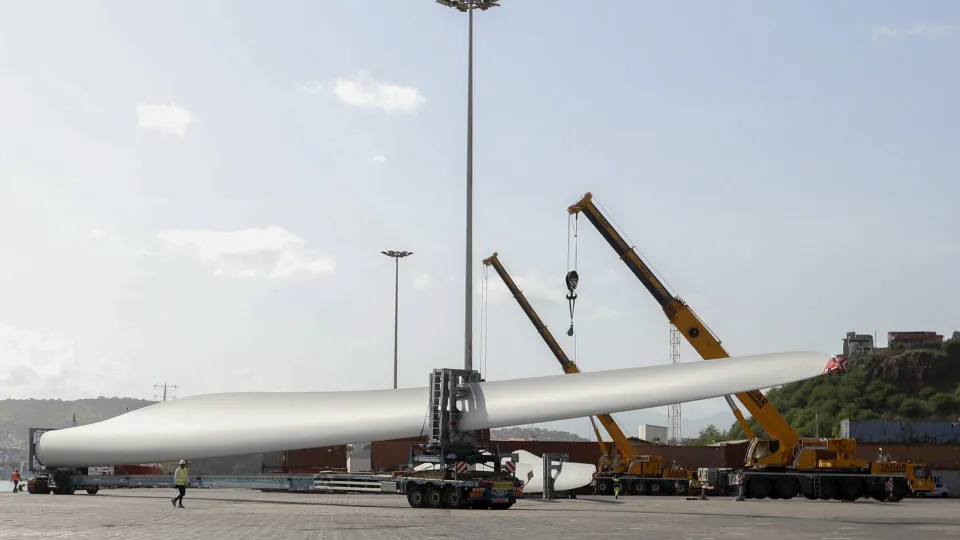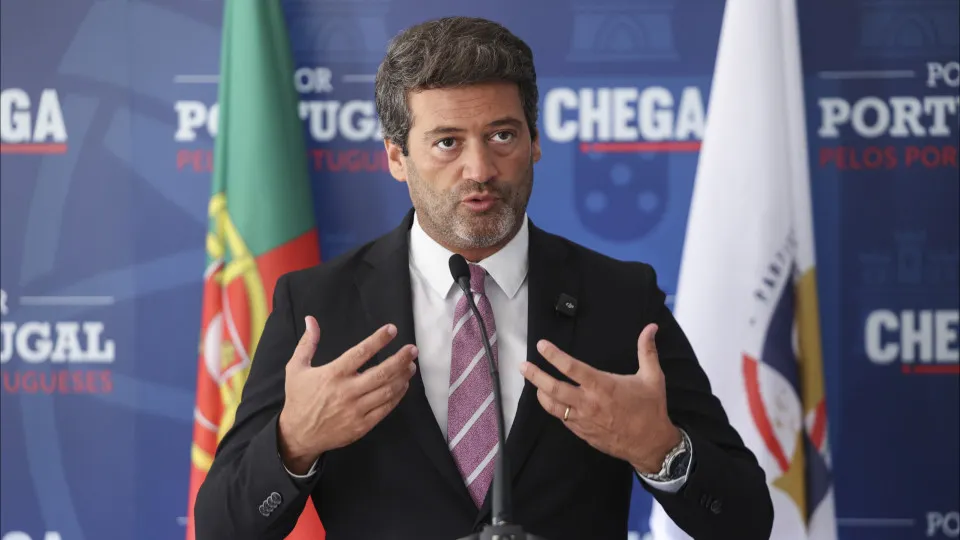
“We share the same language and that’s fantastic. The music is also fantastic here,” said Camané in Luanda in an interview, emphasizing that the performance “brings a repertoire lineup that makes sense,” with themes common to both fado and Angolan popular music.
For Camané, this musical proximity is the invisible thread that connects the cultural expressions of Portuguese-speaking countries.
“When we hear African music, we can identify it. In the same way, an Angolan goes to Lisbon and hears fado and can identify with it,” he said, in a “very important” musical dialogue because it connects people and intertwines cultures.
Camané, one of the most recognized contemporary fado singers, began his career in the 80s and has established himself as one of the great interpreters of traditional fado, with an award-winning discography and a career that has taken him to various international stages.
Today’s performance also serves to mark the 50th anniversary of Angola’s independence and will feature “some surprises” that hark back to the singer’s childhood memories.
“I was 8 years old at the time of independence and I remember having many friends from Angola at school,” he recalled.
Regarding fado, Camané considered it to carry an intimate and poetic side that “needs smaller venues, like theaters,” but contains “a truth” that crosses borders.
“The more genuine it is, the more people are touched,” he said.
The fado singer also noted that Angolan music “operates a lot through dance,” while fado “is not for dancing, it’s to be listened to.”
However, he argued, this difference is precisely what brings the cultures closer, as “when the music is true, people identify with it, even if it’s different.”
The performance takes place today as part of the official celebrations of the Day of Portugal, Camões, and the Portuguese Communities at the Portuguese School of Luanda and promises to be a “journey” through memories, encounters, and exchanges that cross the Atlantic.




